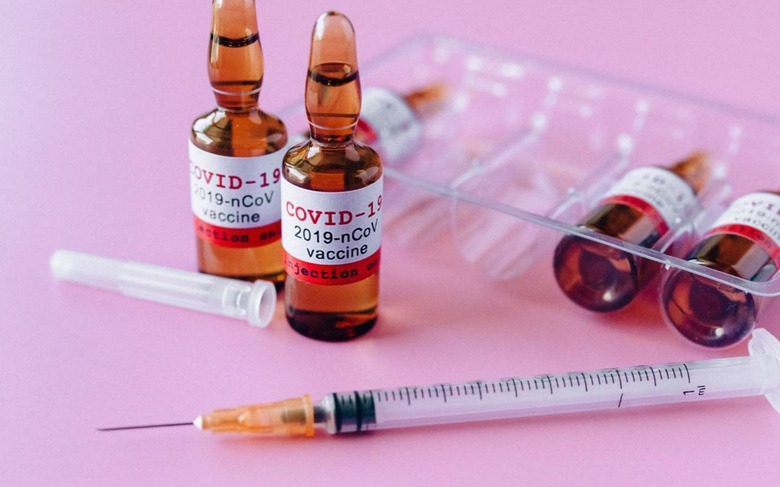FDA Analysis Of Pfizer COVID-19 Vaccine Has Good News And A Surprise
The US FDA has released its analysis of the Pfizer COVID-19 vaccine, and it's a glowing report for the new drug experts hope will slow the spread of coronavirus. Pfizer, and its partner BioNTech, announced they were submitting their vaccine to the US Food and Drug Administration at the end of November, aiming for emergency use authorization (EUA) so that it could be publicly deployed.
As you'd expect, the FDA isn't taking that process lightly. Pfizer and BioNTech had previously announced a 95-percent success rate in Phase 3 trials, with no serious safety concerns or side-effects observed.
However that was before the FDA weighed in on the data. In advance of a hearing this Thursday, in which the agency's vaccine advisory board will give its recommendation for authorization or not, the official FDA documents have been released today. They detail the FDA's opinions on BNT162b2, the COVID-19 vaccine candidate.

BNT162b2 is designed to be administered with two injections, spaced two weeks apart. New infections with COVID-19 were blocked within two weeks of the first injection, and lasting protection was observed in the two months following the second injection. There appeared to be no significant variation by gender, ethnicity, or among obsessive or older people.
As for side-effects, the most commonly reported were things like aches and fevers. Headaches were also common, with more than half of those between 16 – the minimum age for those taking part in the study – and 55 reporting such symptoms. However there were no serious adverse effects from BNT162b2 reported.
There are some limitations to the data, unsurprisingly. Most conspicuous is the fact that it only assesses two months of vaccine efficacy: that's because the speed of the trials being carried out. Even if the FDA does grant an EUA, the research will continue to better flesh out long-term efficacy.
One of the more surprising points may well end up being just who should take the vaccine, including those who have already had coronavirus and who might think that they are now immune to re-infection. "While limited," the FDA says, "these data do suggest that previously infected individuals can be at risk of COVID-19 (i.e., reinfection) and could benefit from vaccination."
The FDA's advisory panel will meet on Thursday, in a public hearing, to decide its recommendation. The FDA – which is under no obligation to follow that recommendation – will decide whether or not to issue the EUA after that point. Pfizer and BioNTech have previously said they expect to have up to 50 million doses ready, globally, by the end of the year. In 2021, up to 1.3 billion doses globally are expected to be produced.
